I think it’s hard these days not to be concerned about our planet. We all know that our species (humans) are ravaging what we use as “home”. When we talk about a “possible end of the world”, we should not think that it is the earth that will disappear. It is simply our civilization. It, the planet, will still be there long after we are gone.
A short interlude on collapsology: I fell into it at the beginning of 2019, which completely changed my vision of the world around us. I recommend the following 4 books (sorry, it’s in french!)
- Comment tout peut s’effondrer. Petit manuel de collapsologie à l’usage des générations présentes
- Le plus grand défi de l’histoire de l’humanité
- Une autre fin du monde est possible (Anthropocène)
- L’entraide: L’autre loi de la jungle
Let’s close the interlude. Being in Bondi Beach for a few months now, I thought it was time to give some of my time to this incredible place. One morning, I see a post in a facebook group, a call for volunteers to come and clean Bondi Beach for 2 hours on an early Saturday morning.
I get in touch with Alizée, the super host (pictured below), and here I am a few minutes later with a booked activity for the beginning of the weekend!
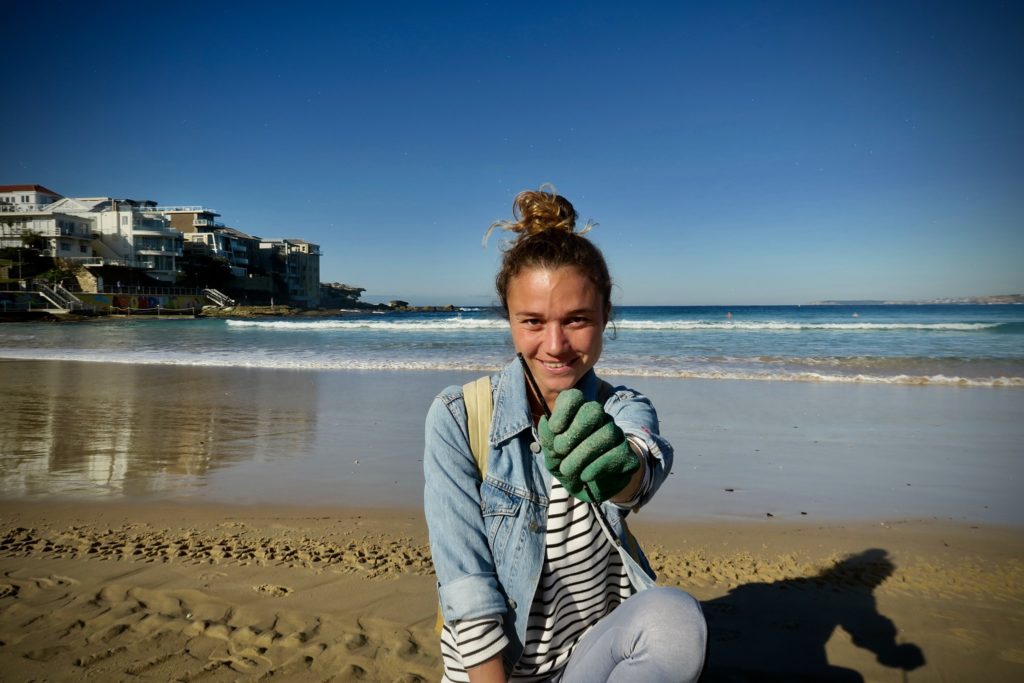
HOW ?
Be aware that there are many voluntary organizations, organized or not by associations that offer this type of activity such as Initiatives Oceanes or Plastic Oceans. Look on Google, there are probably some near you!
In fact, it’s super simple and it does not require sports skills. All you need is a pair of gloves and bags to collect the waste.
Bonus: it’s a good way to meet people and you feel really good after doing a good deed!
Example of rubbish collected every weekend by Alizée and the volunteers! Honestly, if everyone gets involved, we can make a difference.
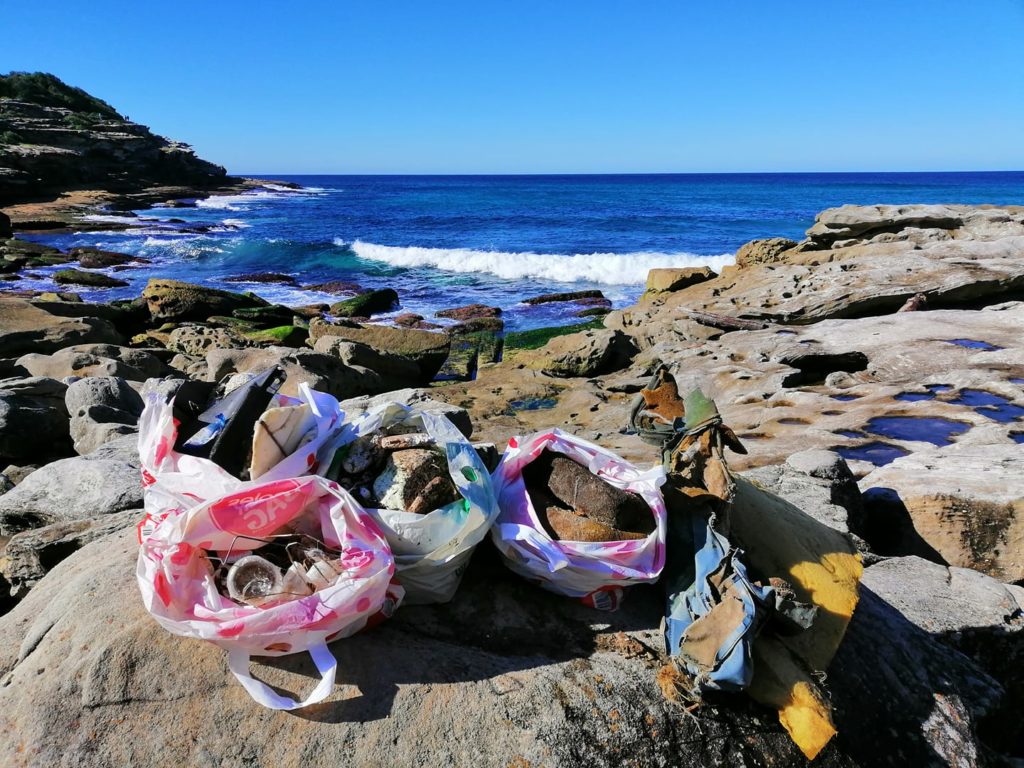
The “small actions” of everyday life to improve things are well known:
- less motorized travel
- fewer purchases on websites with irresponsible practices that kill local businesses and often escape national taxes
- less shopping in supermarkets
- less processed products
- privileged choice of local products
- less meat
- more “organic” for those who can afford it
- less heating and air conditioning
- water savings
- a decrease in the use of chemicals
- less waste
- plastic packaging boycott
- more sorting
- more sharing
- more pooling of resources
- less renewal of technical objects
- more second-hand purchases
- choice of repair rather than change
- boycotting companies with violent social practices
- respect for animal habitats.
Extrait de « Le plus grand défi de l’histoire de l’humanité – Face à la catastrophe écologique et sociale »)


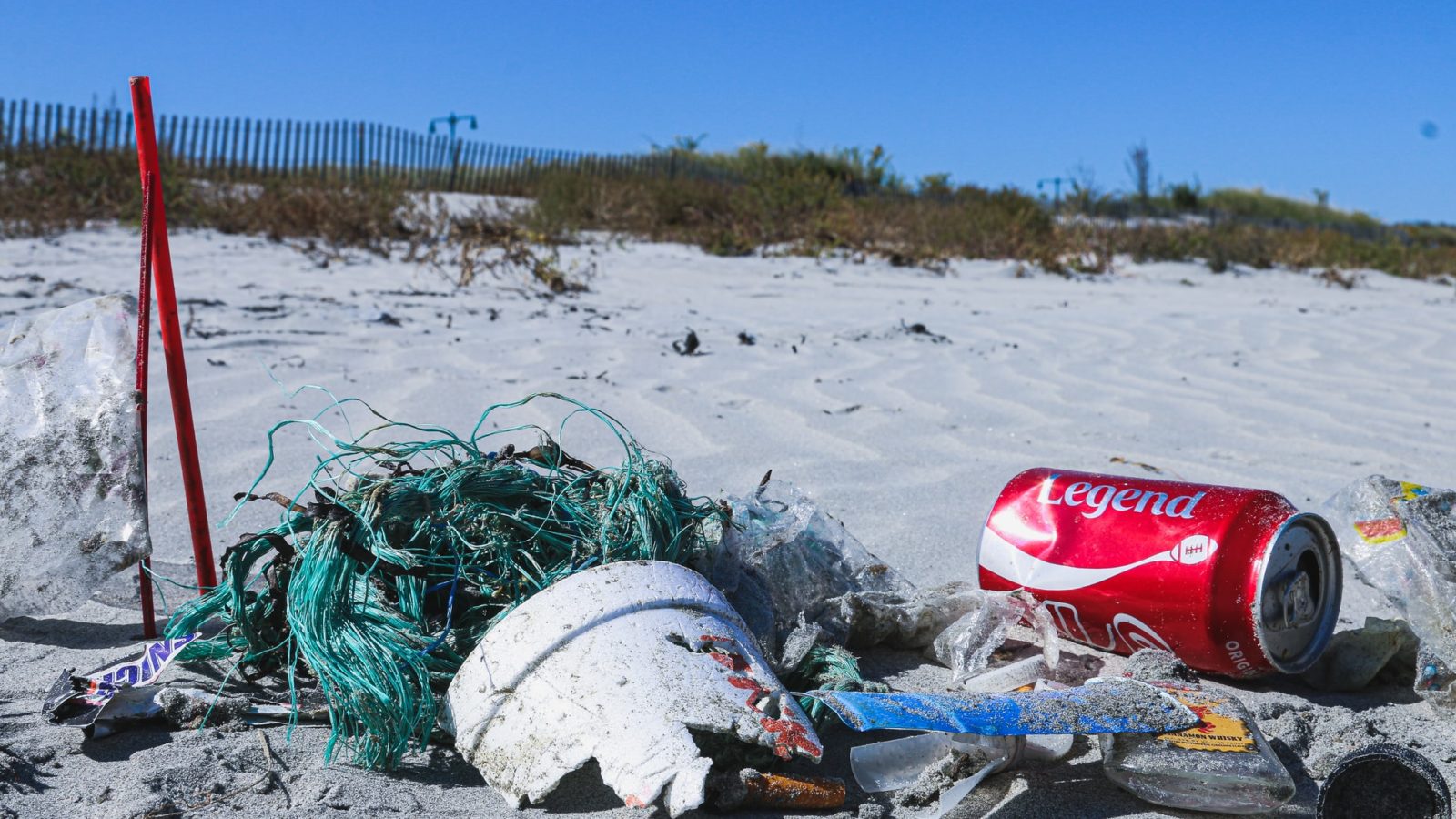
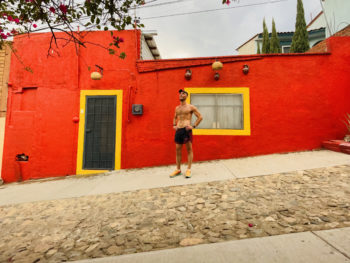


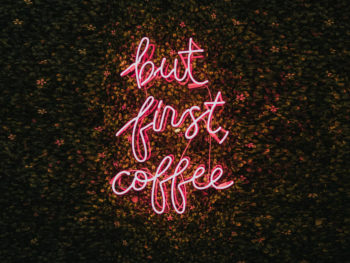
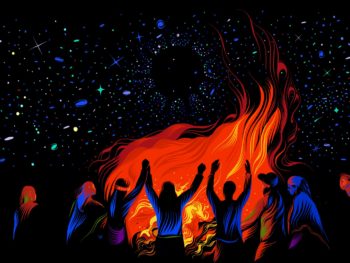
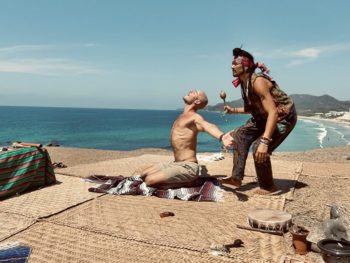

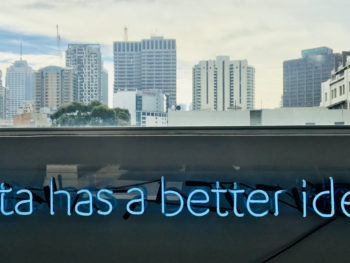
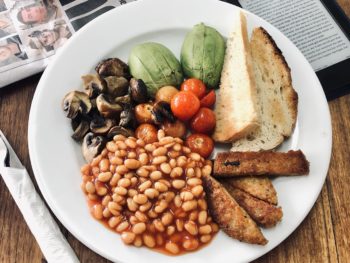
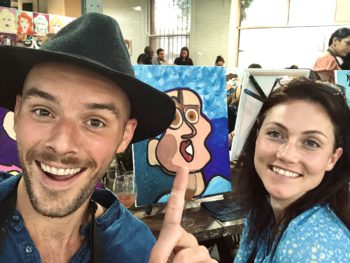
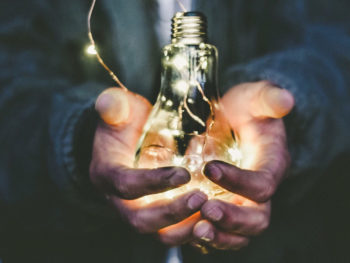
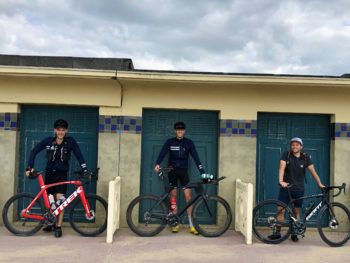
 DailyMax Pro Coaching
DailyMax Pro Coaching